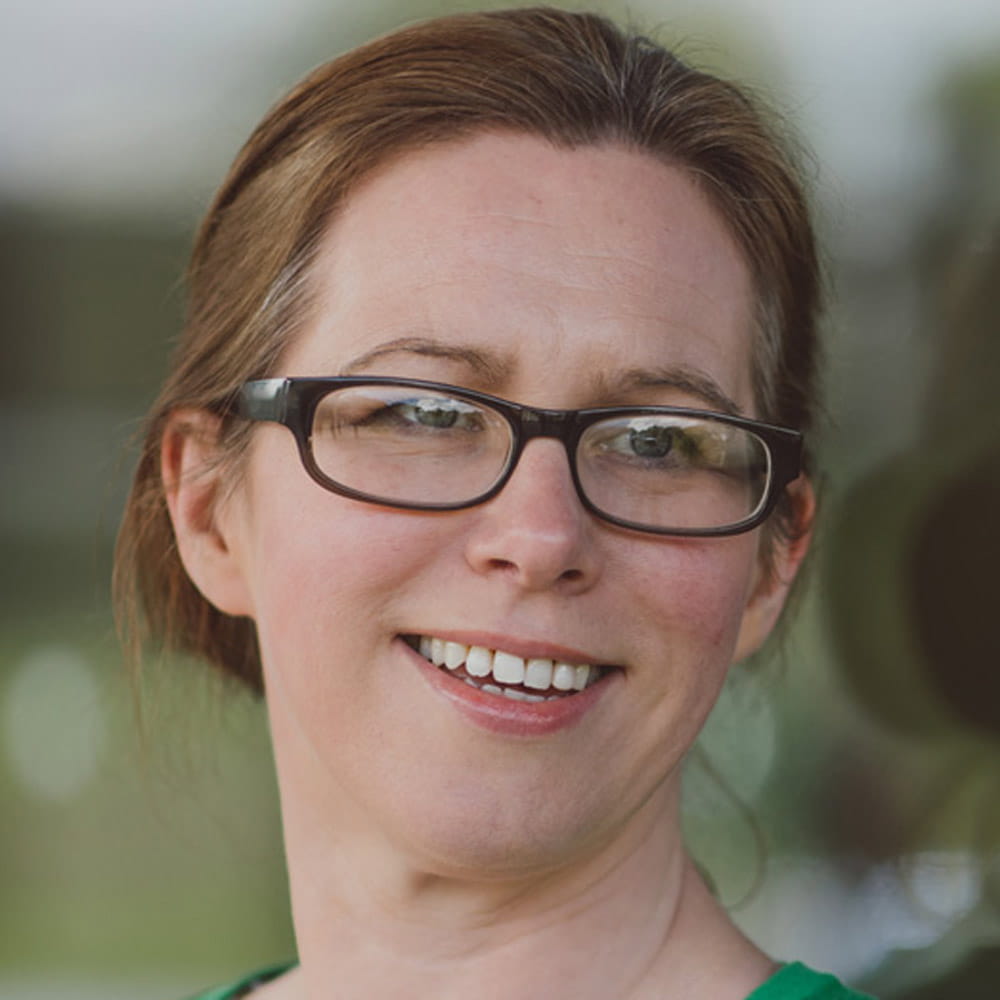Our draft Digital, Creative and Cultural Sub-Strategy is now open for consultation.
The world is changing rapidly, and will be transformed many times over this century. A prominent feature of these changes is the role of digital and creative innovation in transforming how we work, live, communicate and consume. From the impact of 3D printing on manufacturing to social innovation in the ‘maker culture’, and from the delivery of healthcare to big data and human rights, the ‘fourth industrial revolution’, is characterized by a fusion of technologies that blur the lines between the physical, digital, and biological spheres. Huge computer power, automation, artificial intelligence and virtual reality are challenging how we understand what it means to be a worker, how governments function, how economies grow, how societies evolve, and – fundamentally – what it means to be human. Our success in harnessing the opportunities that this offers, and in managing the risks, will be driven by collaboration and creativity.
The Digital, Creative and Cultural Sub-Strategy is a new framework for bringing together some of our unique strengths in education and research. It sets out our approach in the context of our values, and identifies key actions that we will take to nurture and support excellence in education and in research. Our commitment to putting students at the centre of our thinking leads us to seek to develop further opportunities for our students to develop critical thinking, digital capabilities, creativity, communication and collaborative skills. Our commitment to research that makes a difference in the real world leads us to focus on how, across the University, we can be an effective partner in innovation to the digital, creative and cultural sectors, and also to the wider economy which draws on creative skills. And our commitment to inter-disciplinarity is reflected in our integrated and comprehensive pan-University approach to exploring, understanding and addressing digital, creative and cultural challenges.
Our approach to digital, creative and cultural education spans our activities, from schools outreach to graduate start-up support. The Sub-Strategy provides a framework for supporting and developing the education we offer through programmes of study that are directly focused on digital, creative or cultural learning, and for those which include digital skills, creative thinking, culture and communication within their broader aims. We encourage extra-curricular participation in arts and culture, and recognise its role in providing our students with opportunities to develop their cultural capital within an international and inclusive multi-cultural living and learning community.
Our researchers are leading the way in digital and creative arts in games design, digital theatre, digital curation and heritage, virtual reality applications, and support for creative and cultural economies. We are also undertaking research into data visualisation, visual perception, robotics and artificial intelligence. Our aim is to combine expertise in digital technologies, content generation, cultural engagement and communication to improve people’s lives.
On the Knowledge Gateway, our Parkside Office Village is already home to a wide range of digital and creative businesses. Our unique, award-winning Games Hub provides opportunities for digital creative entrepreneurs to participate in an innovative games and business development studio. The University’s investment in high-performance computing to support advanced data visualisation enables us to attract new businesses as partners, supporting companies in “seeing and showing” the outcomes of big data analysis. Our Innovation Centre will open in 2018, and includes a focal point for digital and creative start-ups, freelancers and social enterprise entrepreneurs to work alongside students and academic staff.
The draft Digital, Creative and Cultural sub-strategy aims to draw together our ambitions for excellence, and to ensure the University provides a supportive environment for this work. We wish to benefit our students and support our staff in making connections, forging collaborations, and generating impact that improves people’s lives. We welcome your ideas and feedback.
Professor Lorna Fox O’Mahony, Chair of the Digital, Creative and Cultural Task and Finish Group
Have your say
Please visit our consultation web page to share your views on our draft Digital, Creative and Cultural Sub-Strategy.
The deadline for comments is Friday 14 April 2017.
